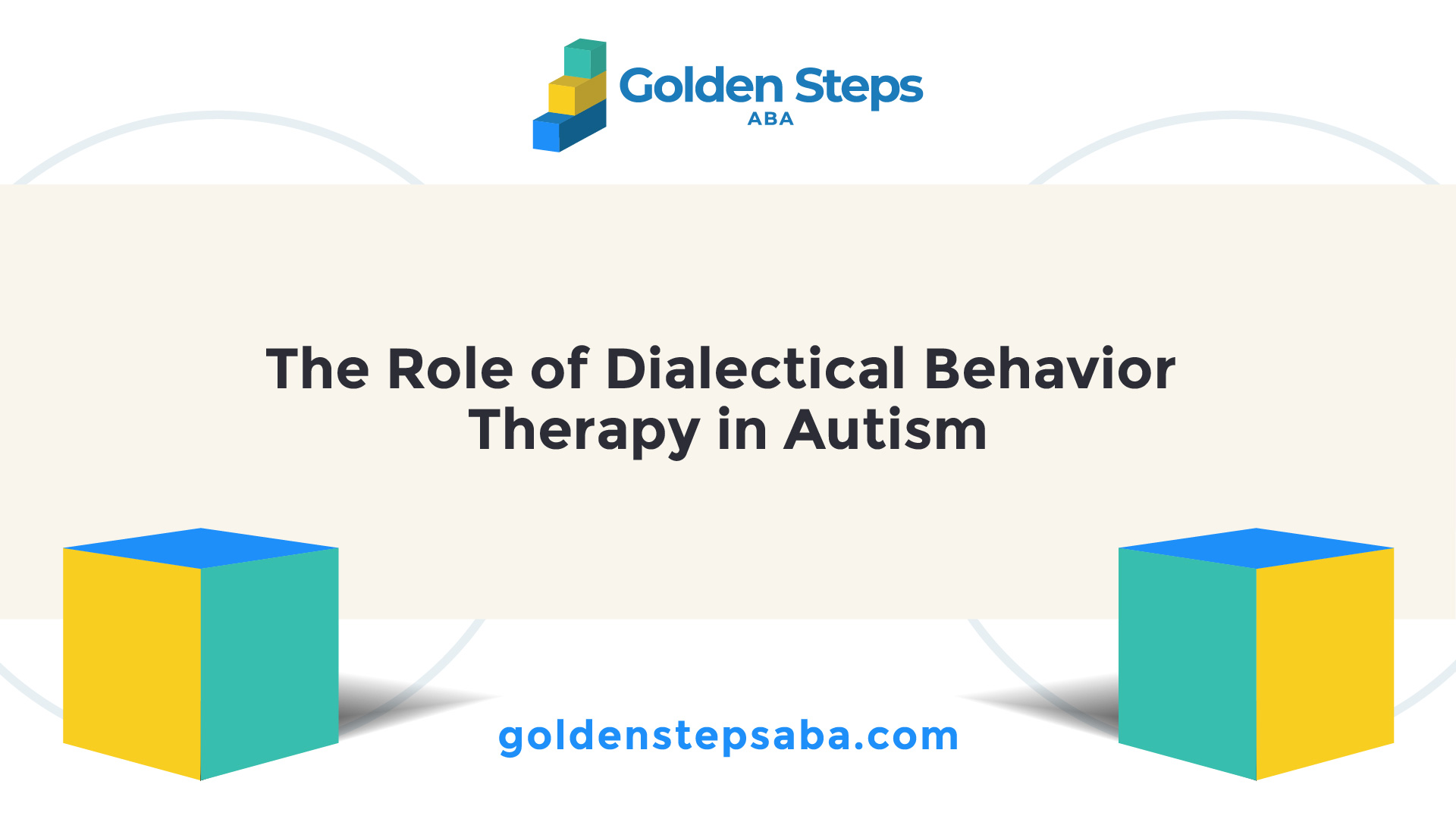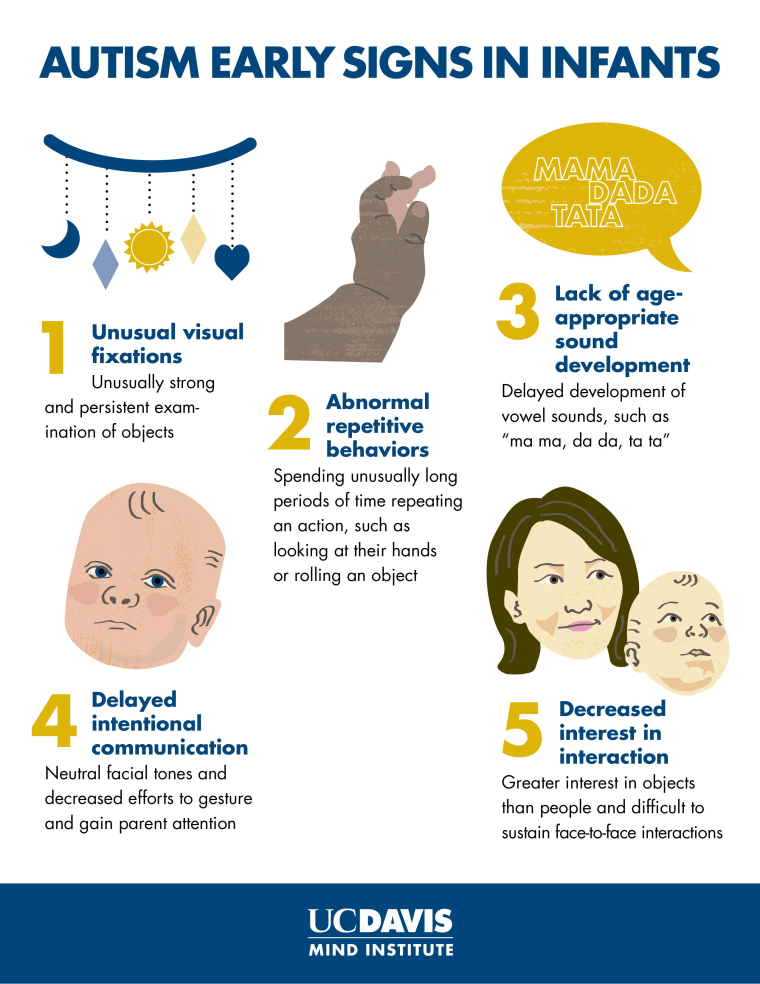How an Autism Therapist can enhance daily routines for those on the autism spectrum
How an Autism Therapist can enhance daily routines for those on the autism spectrum
Blog Article
Understanding the Effect of Behavioral Autism on Life and Social Communications
You might not realize just how deeply behavior autism affects day-to-day life and social communications. People on the range commonly browse a globe filled with communication difficulties and sensory overload. These difficulties can lead to stress and isolation, impacting their relationships and total wellness.
Defining Behavioral Autism and Its Qualities
Behavioral autism, commonly referred to as autism range condition (ASD), includes an array of problems identified by obstacles in social communication, communication, and repetitive behaviors. You may discover that people with ASD commonly struggle to interpret social hints, which can result in misconceptions in conversations. They might find it difficult to develop eye call or take part in little talk, making social situations really feel overwhelming.
Interaction difficulties can show up in different methods, from postponed speech growth to a choice for utilizing fewer words. Repeated habits, such as hand-flapping or rocking, can work as coping systems to manage stress or sensory overload. These qualities can greatly impact everyday life, making it important for you to comprehend and support those with ASD. By recognizing these characteristics, you can cultivate an atmosphere that advertises approval and encourages efficient interaction, helping individuals with autism thrive in their everyday interactions.
The Spectrum of Autism: Understanding Irregularity in Behavior
Autism range condition (ASD) isn't a one-size-fits-all diagnosis; it differs extensively among people. You may come across individuals that are very verbal and engage quickly in discussions, while others may like solitary tasks or communicate non-verbally.
Furthermore, the way people with ASD react to sensory input can differ significantly; some might be bewildered by loud sounds or brilliant lights, whereas others flourish in stimulating environments. The spectrum also includes distinctions in social communications; some individuals may struggle to interpret social hints, while others navigate social settings with family member simplicity. Understanding this variability is vital, as it aids you value each individual's one-of-a-kind experience and dressmaker support to their specific needs, cultivating a much more comprehensive environment for every person.
Interaction Difficulties Faced by People With Autism
When you communicate with individuals on the autism range, you may observe their unique interaction obstacles. They commonly deal with troubles with both verbal and nonverbal cues, which can affect their social interactions. Recognizing these barriers is essential for fostering better connections and support.

Verbal Communication Troubles
Several individuals on the autism range experience spoken communication difficulties that can significantly impact their day-to-day communications. Your quantity, tone, or rate may not align with social expectations, creating others to misinterpret your purposes. Identifying these difficulties can aid you and your support network create methods to improve communication and promote far better connections with others in your daily life.
Nonverbal Communication Obstacles
Spoken interaction isn't the only challenge people on the autism range face; nonverbal communication obstacles can be just as significant. You could locate it tough to translate body language, facial expressions, and eye get in touch with, which are essential for reliable interaction. These obstacles can result in misconceptions or false impressions of social cues, making communications feel confusing or overwhelming. You might battle to express your very own feelings with nonverbal ways, leaving others not sure of your objectives or feelings. This disconnect can produce sensations of seclusion and frustration. Recognizing these barriers is crucial for promoting understanding and compassion in your interactions. By dealing with nonverbal interaction, you can locate methods to enhance your social experiences and boost your total high quality of life.
Social Interaction Effects
Social communications can often feel frustrating due to the one-of-a-kind interaction obstacles faced by individuals with autism. Identifying these obstacles can assist you locate approaches to improve communication, such as exercising social abilities in risk-free settings or making use of visual help. Understanding your requirements allows you to browse social interactions with better self-confidence and convenience.
Social Interaction and Relationship Building in Autism
While building partnerships can be testing for people with autism, understanding their unique perspectives and interaction designs can cultivate significant links. You may see that several individuals on the range click here prefer direct communication and might have a hard time with social cues or small talk. By being uncomplicated in your interactions, you can assist produce an atmosphere where they feel comfortable.
Involving in shared interests can likewise serve as a bridge to much deeper connections. Whether it's a pastime, a preferred show, or a mutual interest, these typical threads can open doors to friendship.
Life Regimen: Navigating Difficulties and Methods
Maneuvering every day life regimens can be specifically testing for individuals with autism, especially when unforeseen adjustments occur. You might locate convenience in having a structured schedule, as it assists you anticipate what's next. It's regular to feel nervous or overloaded when disruptions take place. To navigate these obstacles, take into consideration applying visual schedules or checklists. These devices can give clearness and peace of mind.
Developing a routine that consists of sensory breaks can also be useful. This aids create an understanding setting.
Lastly, technique mindfulness methods to take care of tension and anxiety. Basic breathing workouts or basing methods can make a significant distinction. By incorporating these methods, you can improve your daily routine and reduce interruptions, making life really feel a lot more workable.
Strengths and Capabilities of People on the Autism Spectrum
Recognizing daily life routines is just one facet of the autism experience. Lots of individuals on the autism spectrum have amazing toughness and abilities that set them apart.
Additionally, your memory skills usually radiate, especially in areas of passion. Autism Spectrum Therapies. This knack for preserving info can make you an important resource in fields like art, science, or innovation. You might also show strong visual thinking, allowing you to visualize intricate concepts and resolve troubles creatively
In addition, your one-of-a-kind point of view on the world can cultivate compassion and understanding in others, enhancing social communications. Welcoming these staminas not just enhances your self-confidence yet also aids others value the diverse talents you offer the table.
Creating Inclusive Atmospheres for Individuals With Autism
Developing inclusive environments for individuals with autism begins with making sensory-friendly spaces that accommodate their one-of-a-kind requirements. You can likewise promote chances for social communication, aiding to develop friendships and links. By making these adjustments, you'll contribute to an extra inviting environment for everyone.
Designing Sensory-Friendly Spaces
While creating sensory-friendly spaces, it's vital to mirror on the special requirements of people with autism. Incorporate quiet areas where people can pull away and charge when overwhelmed. Consist of aesthetic routines or clear signs to aid people navigate the space with confidence.
Promoting Social Communication Opportunities
Designing sensory-friendly rooms not only addresses individual comfort but likewise sets the stage for meaningful social interactions amongst people with autism. Encourage peer mentoring, combining people with autism with supportive peers who can guide them via social scenarios. By applying these approaches, you can boost social chances, assisting individuals with autism construct relationships and strengthen their social skills in a risk-free, welcoming setting.

Frequently Asked Inquiries
Just How Can Buddies Support A Person With Behavioral Autism?
You can support a buddy with behavioral autism by holding your horses, listening actively, and appreciating their boundaries. Engage in tasks they appreciate, connect openly, and produce a comfortable setting where they really feel valued and comprehended.
What Resources Are Readily Available for Moms And Dads of Children With Autism?
You can check out numerous sources for parents of kids with autism, consisting of support system, instructional websites, and regional area services. Getting in touch with various website other moms and dads can additionally offer useful understandings and shared experiences to assist navigate challenges.
Can Behavioral Autism Modification With Time?

Yes, behavior autism can change over time. You might discover changes in interaction, social abilities, and habits as your youngster expands. Early treatment and assistance frequently play important duties in these developmental adjustments.
Just How Do Sensory Level Of Sensitivities Affect Daily Life?
Sensory sensitivities can make everyday experiences overwhelming. You may have a hard time with intense lights or loud sounds, leading to tension or evasion. Discovering atmospheres that accommodate your needs can substantially improve your convenience and total day-to-day live.
What Are Common Misconceptions About Behavioral Autism?
You might assume behavioral autism only impacts communication skills, but it's more complicated. Lots of presume people do not have empathy or knowledge, which isn't true. Recognizing these mistaken beliefs aids foster approval and support for those on the range.
Behavioral autism, frequently referred to as autism spectrum problem (ASD), incorporates an array of conditions characterized by challenges in social interaction, interaction, and more info recurring actions.Social interactions can frequently feel overwhelming due to the unique communication challenges faced by people with autism.Creating sensory-friendly spaces not only addresses private comfort however additionally sets the phase for purposeful social interactions among individuals with autism. Encourage peer mentoring, pairing individuals with autism with encouraging peers who can direct them via social circumstances. By carrying out these strategies, you can boost social chances, assisting people with autism construct relationships and reinforce their social skills in a risk-free, inviting setting.
Report this page